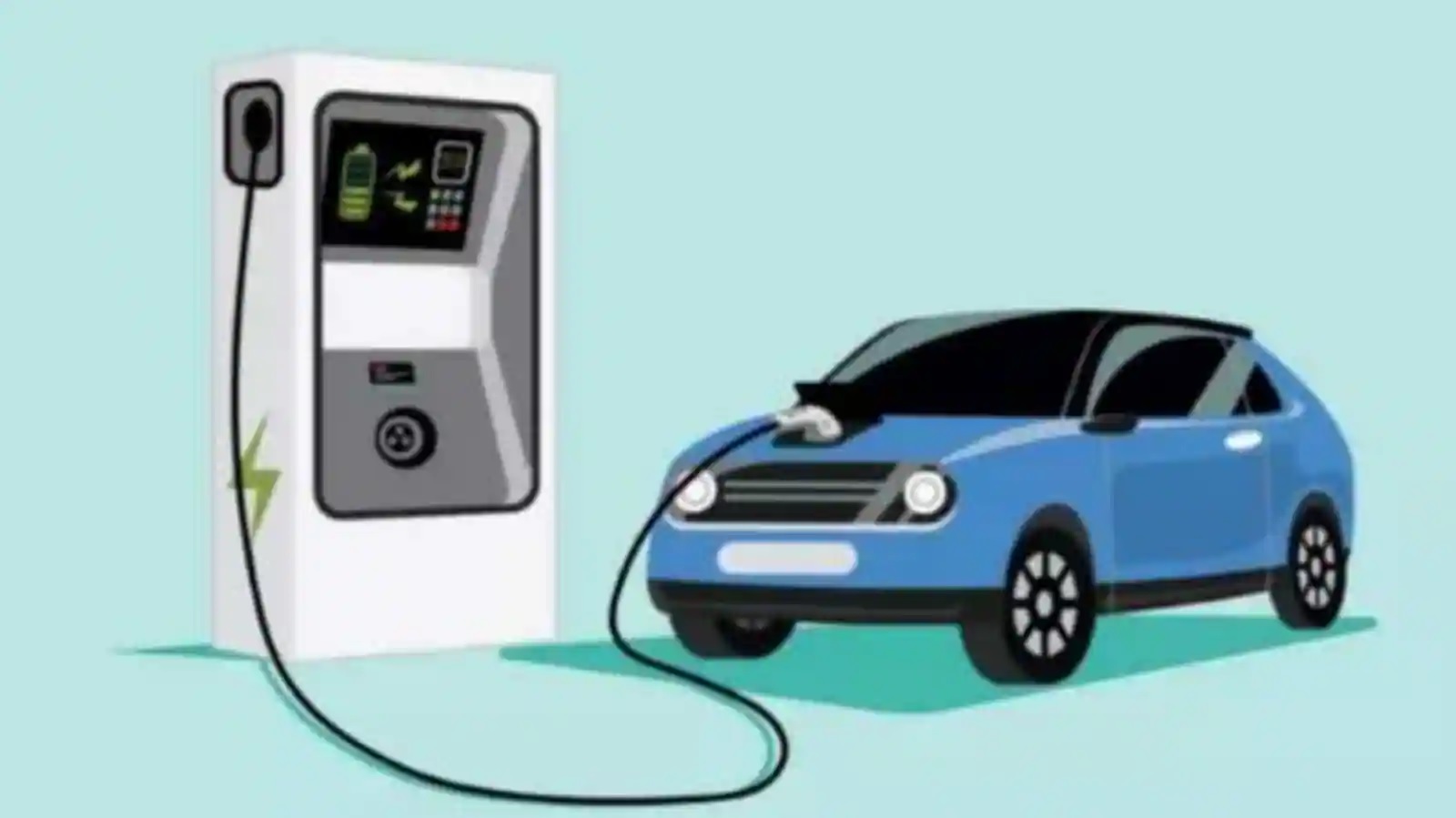Insurance for electric vehicles?
The next big thing will be electric cars, and as their market share increases, so will the number of people purchasing electric car insurance. Consequently, the purpose of electric car insurance is to offer financial support if the policyholder’s electric automobile suffers an unexpected loss or damage.
Advantages
Even while you are already contributing to reducing pollution, it is still vital to safeguard yourself against any unforeseen loss or damage. The advantages of getting an EV insurance policy for your electric vehicle are:
Security: Buying an electric car insurance coverage will give you financial security because the insurer will pay for any loss or damage to the car that occurs on your behalf.
Coverage: Third-party insurance must be purchased; however, the decision to get comprehensive insurance rests with the car owner. To gain better coverage, it is advised that the car owner buy a complete insurance policy.
Damage Recovery: You can repair the damage more quickly than usual. There are occasions when the expense of repairs exceeds your ability to pay, and that is when an insurance policy steps in to rescue the day.
Respecting the Law: Car insurance coverage must be purchased in India by the Motor Vehicle Act of 1988. Therefore, having an EV insurance policy protects you from legal trouble.
Purchasing electric car coverage gives you peace of mind because you won’t have to worry about unforeseen costs resulting from a traffic accident. You can learn more about electric car conversion in India.
Inclusions
Road Accidents: The insurance company will cover any loss or damage from a traffic collision.
Replacement and Repair: The insurance company will cover the cost of replacing and repairing the electric car’s damaged component on your behalf.
Theft: If a car is stolen, the insurer will offer coverage under the total loss provision of the auto insurance policy.
Fire: The insurer will cover the cost of restoring the car if it is damaged in a fire accident. The total loss provision of the EV car insurance plan will, however, kick in if the automobile sustains damage of greater than 70%.
Natural Calamity: The insurance company will pay for any loss or damage to the car brought on by calamities of this nature, such as floods, typhoons, earthquakes, etc.
Personal Accident Cover: In addition to the comprehensive insurance plan, personal accident cover must be purchased. It offers the policyholder coverage for medical costs up to Rs. 15 lac. *
How to File an Insurance Claim for an Electric Vehicle
You anticipate receiving coverage when any unanticipated loss or damage occurs when you get an electric vehicle insurance plan. You should be able to submit a claim to obtain compensation for the damage.
Inform Your Insurer: Firstly, inform your insurer about the incident and the car’s damage. Just let them know whether it was an accident or a natural disaster.
Take Photos: You can use your smartphone to take photos of the damaged vehicle. This can be kept as evidence for later use.
Keep Paperwork Prepared: Start gathering the documentation you will need to submit with the claim form as soon as you inform the insurance.
Inspection: The insurer will send an inspector to compare the cost of repairs to the damages after being informed. The insured electric vehicle will be delivered to a network garage for repairs after the survey.
After the claim procedure starts, the insurance will pay for the repairing or replacing the electric car’s damaged part to be sent directly to the network garage.
Compensation: In the event of a reimbursement claim, you will receive your money back following the repairs.
It is advised to know about ev policy in India before purchasing.
‘Insurance is the subject matter of solicitation. For more details on benefits, exclusions, limitations, terms, and conditions, please read the sales brochure/policy wording carefully before concluding a sale.’
*Standard T&C Apply





